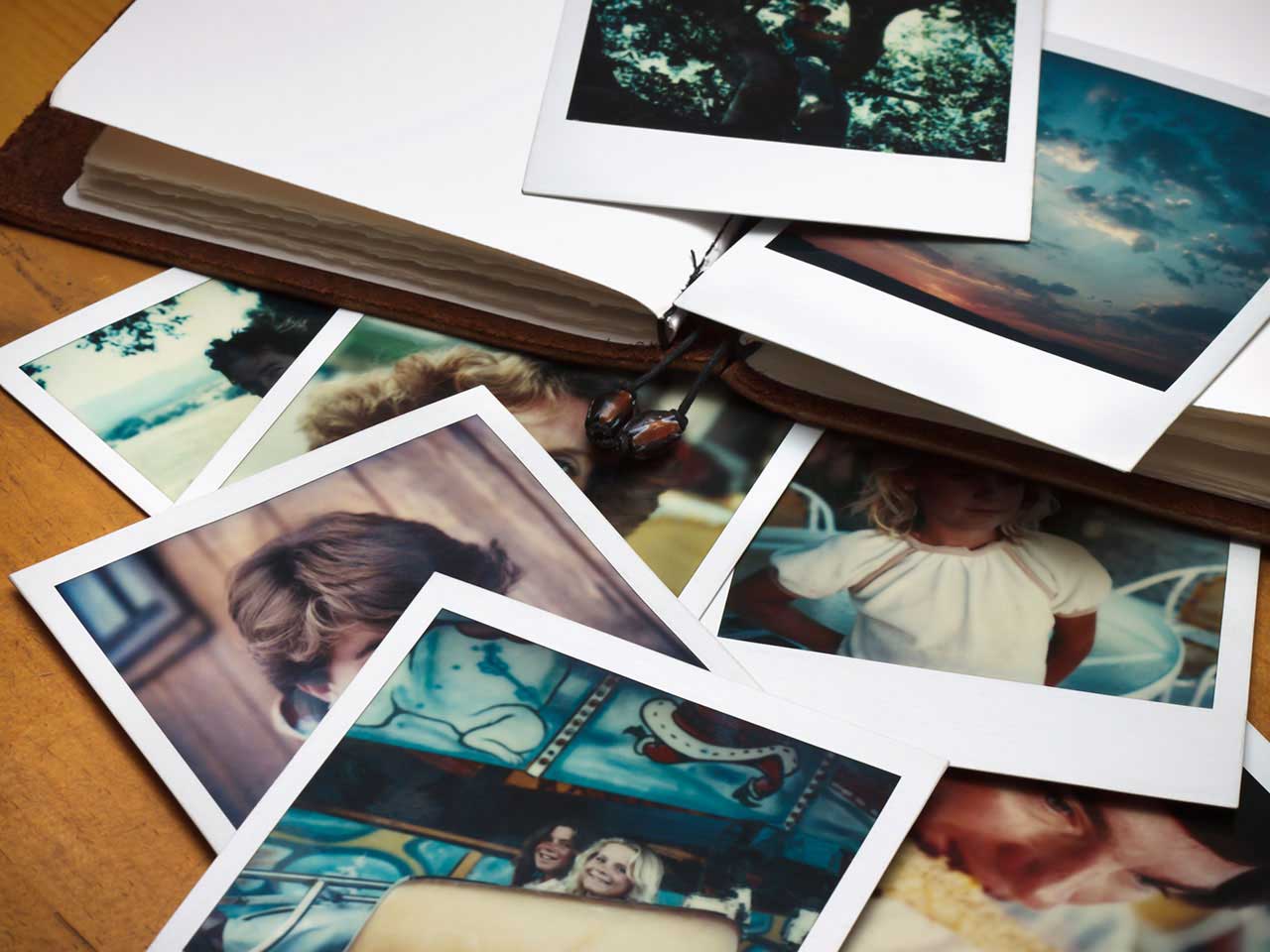
Photography has been practiced since time immemorial. Mainly it has been seen as a way of keeping memories. Some activities, such as transferring your old photos to your computer, can help one understand the effect photography has on fighting memory loss. It is common that as one transfers the photos and as they flash across the screen, one finds themselves getting the full array of emotions from memories forgotten a long time ago. This is the power that photography has. However, before you spend any amount of money on photography resources and platforms that can help fight memory loss, you should research their reputation on review sites. The platforms and resources can help one capture memories with quality pictures.
To some extent, photography helps in fighting memory loss, not just because old photos make it easier for persons to recollect old memories but also because research has proved this. Research has suggested that photographing an object helps individuals remember a moment’s visual features even if the individuals never look at the photo again. Psychologists have published such studies in journals, with one such study being in the journal of psychological science. In this study, 294 participants were involved. They toured a museum display of Etruscan artifacts while they were listening to an audio guide. Half of the participants had cameras and were to take at least ten photos. At the end of the tour, all the participants were requested to answer some multiple-choice questions on what they had seen. It was found that those who had taken photos recognized more objects than their counterparts who did not.
Such findings greatly contribute to the debate on whether or not taking photos improves our experiences hence making us remember them more or whether it distracts us from them hence making individuals more prone to memory loss. Another study has shown somewhat contrasting results. It involved 27 participants who also visited a museum and were to take photos of half the object in the museum. In this second research, it was found that participants who didn’t take photographs were more likely to remember the objects. Drawing parallels to some other experiments conducted in 1960, the researcher in this second research, concluded that taking an object’s photo was a trigger for a person to forget it. As compared to the first study, these two studies have different conclusions making the question, is photography a good way to fight memory loss? Mysterious. According to the second study, when people appreciate that they could depend on photographs rather than their brains, it serves as a reason why they would no longer need to save the information in their brains.
If the topic was to be explored from a psychological perspective, the second argument is from a phenomenon that psychologists refer to as cognitive offloading, whereby using an outside aid, the amount of work that brains have to perform is eased. The first argument, which is the one that most people tend to take, on the other hand, works from a phenomenon that psychologists refer to as visual memory. It has, however, been said that even the visual memory comes at a cost. That even if those who took photos were in a better position of remembering the visual information, they only remembered it for some time, but when questioned about it later, they most likely forget about it. In simple words, retention of what is seen is just for a short period of time.
In conclusion, the world has become increasingly visual, where about 1.3 million photos are taken annually, fueled by the rise of social media and smartphones. This has greatly influenced this debate on whether or not photography plays a significant role in fuelling memory loss. While this debate, especially while explored from an academic perspective, proves mysterious, each side has its views. From a general perspective, it is fair to say that all images taken and posted offer a sort of opening to the past; humans’ capability to seize moments and experiences visually as well as paying attention to the visual details offers an opportunity for persons to look back at the experience they have had. However, as vividly as our lived unfold, perhaps we might be losing some of the things transpiring right in front of us. Canvas vows is an example of a platform that can always help one develop beautiful, creative, and meaningful personalized gifts from your photos to fit all occasions that you may need. Helping you always keep your memories.